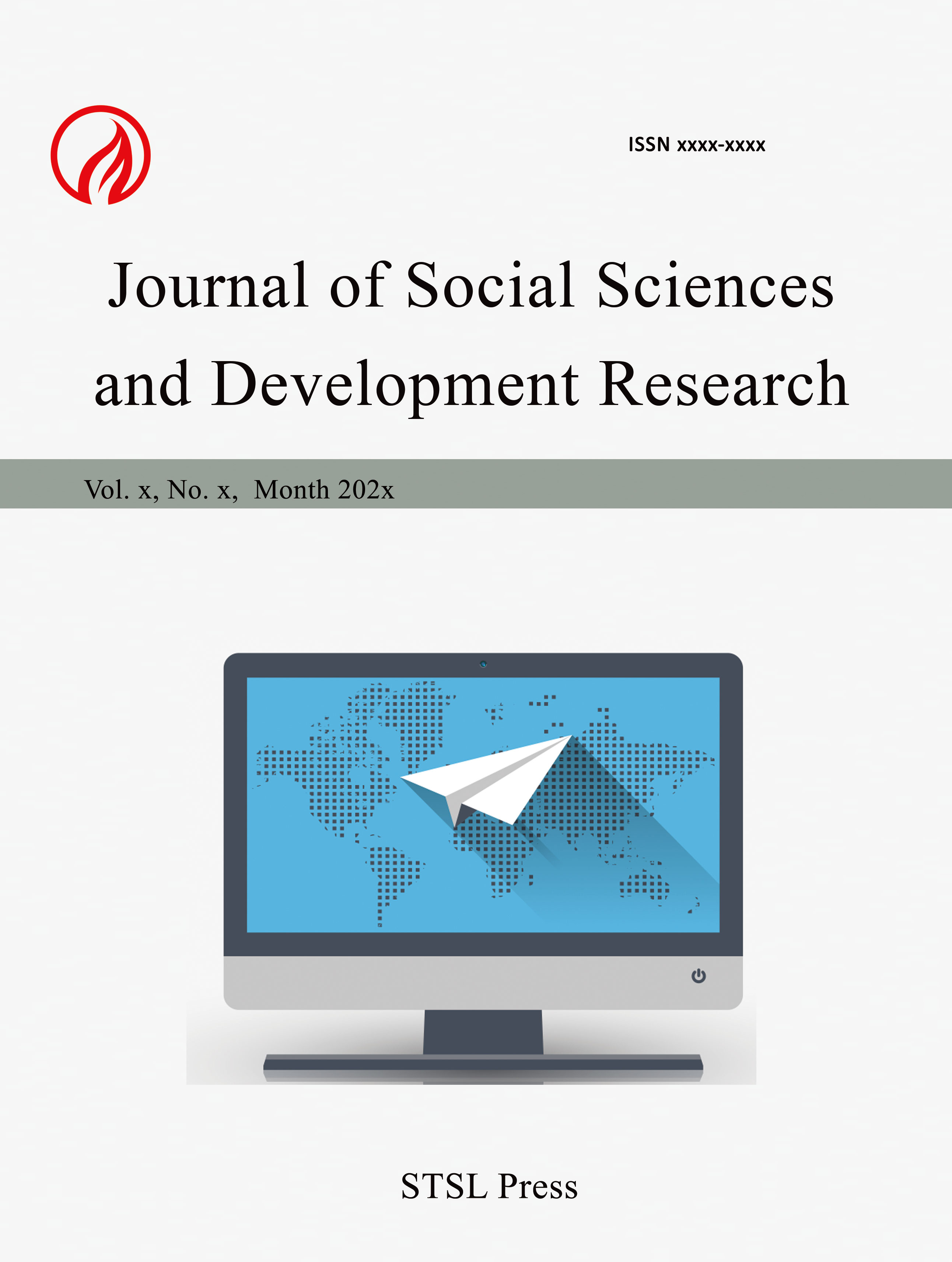Economics of Activity Status, Migrant Remittances and Inequality
Dr. Mahendra P. Agasty
Abstract
This paper investigates the economic impact of migrant remittances stemming from rural to urban migration in Odisha, India. Based on primary data collected through a four-stage random sampling procedure, the study examines 139 male migrants from 100 households, 50 returned migrant households, and 150 non-migrant households across six villages in Kendrapada district. Findings reveal that while remittances are driven by altruistic, contractual, and self-interest motives, they also have a strong economic foundation. Young, unmarried migrants with small families, lower educational attainment, engaged in plumbing or business activities in urban areas, and earning in specific income brackets tend to remit more frequently. Income at the destination emerges as the primary determinant of remittance amounts, which significantly contribute to household income in the source areas. Remittances are utilized for various purposes including agricultural investment, business ventures, education, healthcare, and debt repayment. Informal channels are preferred, particularly for small and in-kind transfers. Moreover, remittances play a crucial role in mitigating income inequalities within sending households. This study underscores the systematic linkage between migrants and their source households facilitated by remittance flows.
Paper:
pdf
DOI:
https://doi.org/10.71002/jssdr.v1n1p15
 This work is licensed under a
Creative Commons Attribution 4.0 License.
This work is licensed under a
Creative Commons Attribution 4.0 License.
Contact us
- Michael Schaper
- jssdr@stslpress.org
